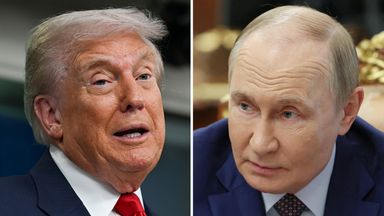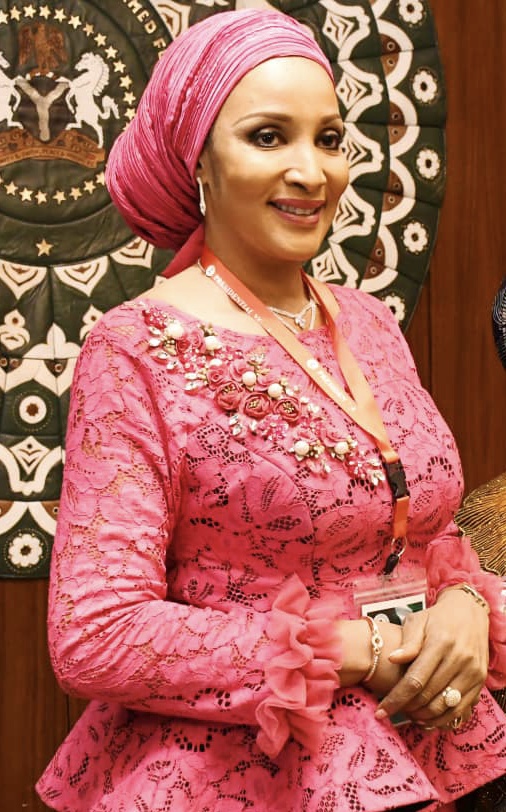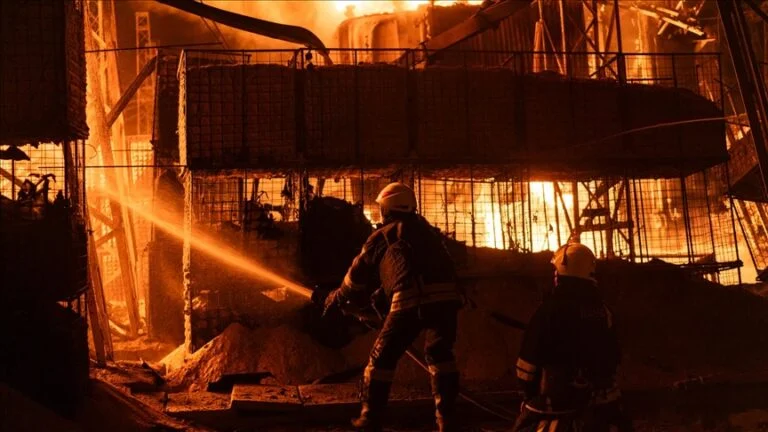Crunch Time in Alaska: Trump and Putin Meet in Bid for Ukraine Peace

US and Russian officials are gathering in Alaska ahead of a pivotal Friday meeting between Presidents Donald Trump and Vladimir Putin — their first in six years. Trump hopes the talks will deliver on his campaign promise to end Russia’s war in Ukraine, leveraging what he describes as a personal rapport with Putin to secure a ceasefire.
Despite his optimism, Trump has estimated only a “25% chance” of success. Ukraine’s President Volodymyr Zelensky has been excluded from the talks, warning that any deal struck without Kyiv’s participation will be meaningless.
Anchorage remains largely business-as-usual, aside from the influx of international media. The meeting will take place on a US military base, reflecting both heightened security and the brief nature of the talks, expected to last just a few hours.
The summit comes a week after Trump’s deadline for Russia to agree to a ceasefire or face new sanctions. That countdown was effectively paused after the meeting was announced, buying both sides more time. Washington’s tone over the week has swung between optimism, caution, and threats of “very severe consequences” if Putin refuses to end the war.
Kyiv grew uneasy when Trump floated the idea of “territory swaps,” while the White House hinted the president might adopt a “listening” approach. Russia has remained publicly silent, reiterating only that peace is possible if it gains full control of Donetsk, Luhansk, Kherson, and Zaporizhzhia, and if Ukraine pledges not to join NATO.
For Trump, success in Alaska could reinforce his image as a global dealmaker and deliver on his promise to disengage the US from costly foreign conflicts. He claims he will know “in the first two minutes” whether a deal is possible.
European leaders, also excluded from the talks, emerged cautiously hopeful after a last-minute call with Trump. Zelensky, however, has been firm: Ukraine will not cede the Donbas, calling such concessions a “pathway to further conflict.”
Trump has promised to brief Zelensky after the summit and floated the idea of a quick three-way meeting. The Kremlin, however, insists a direct Putin–Zelensky encounter is premature.
Analysts warn Putin’s central goal remains Ukraine’s “geopolitical neutralisation” — an objective he is unlikely to abandon. As both leaders head into the Alaska talks, the venue may offer common ground geographically, but politically, the divide appears as wide as ever.



